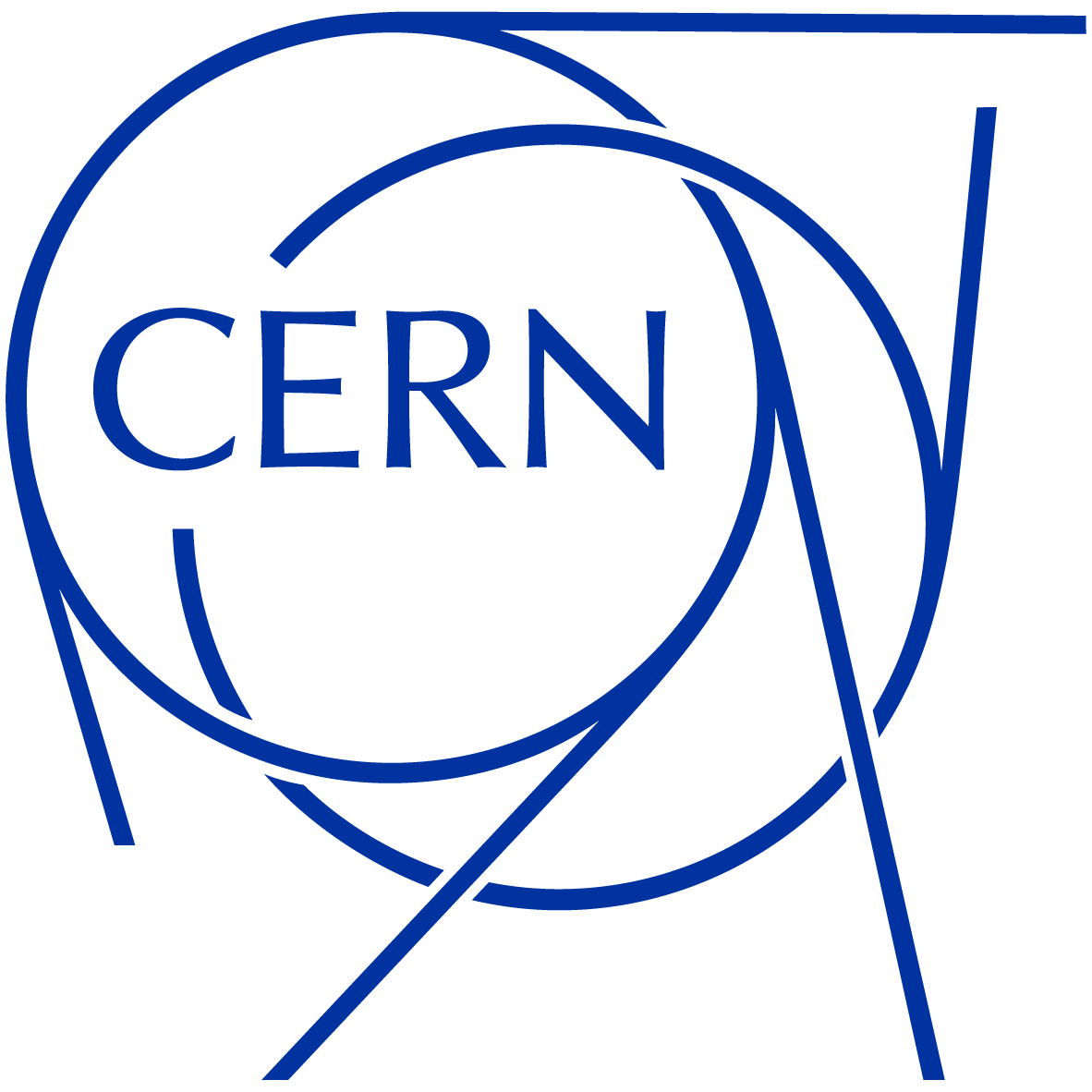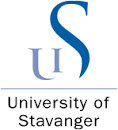Data analysis challenges for stochastic gravitational wave backgrounds
Seven years after the first discovery of a transient gravitational wave (GW) event by the LIGO/Virgo collaboration, a next milestone will be the discovery of a stochastic gravitational wave background (SGWB). Such a SGWB will contain unresolved astrophysical GW sources and will also provide a unique window to potential cosmological sources in the very early universe. However, a large number of challenges remain, including the discrimination of signal and noise, the discrimination between different contributions to the SGWB, and in general the challenge to maximize the science output from the upcoming experimental data.
The ESA mission LISA will play a key role in this quest, facing for the first time the possibility of measuring a large SGWB on top of the challenges that come with a space mission. With the implementation of the LISA mission facing steering towards important milestones in 2023 and early 2024, the main aim of this workshop is to bring together the key scientists working on the SGWB data analysis for LISA, define the state of the art of the topic, and identify bottlenecks and possible solutions. We also explicitly invite scientists working on SGWB analysis for other GW experiments as well as researchers interested in these topics to join us. This workshop will moreover serve as the kick-off meeting for addressing data analysis challenges for SGWB detection in LISA.
Organizers: Valerie Domcke (CERN), Irina Dvorkin (IAP), Germano Nardini (University Stavanger), Marco Peloso (University Padua)
This workshop is funded by CERN TH and the University of Stavanger. There is no fee for participation.
Invited speakers:
Stas Babak (APC Paris)
Quentin Baghi (CEA Saclay)
Chiara Caprini (CERN, APC Paris)
Carlo Contaldi (Imperial College)
Neil Cornish (Montana University)
Raphael Flauger (UC San Diego)
Jonathan Gair (Max Planck Institute Potsdam)
Nikos Karnesis (University of Thessaloniki)
Valeryia Korol (Max Planck for Astrophysics)
Vuk Mandic (Minnesota University)
Antoine Petiteau (APC Paris)
Tania Regimbau (LAPP, Annecy)
Joe Romano (Texas Tech University)
 |  |